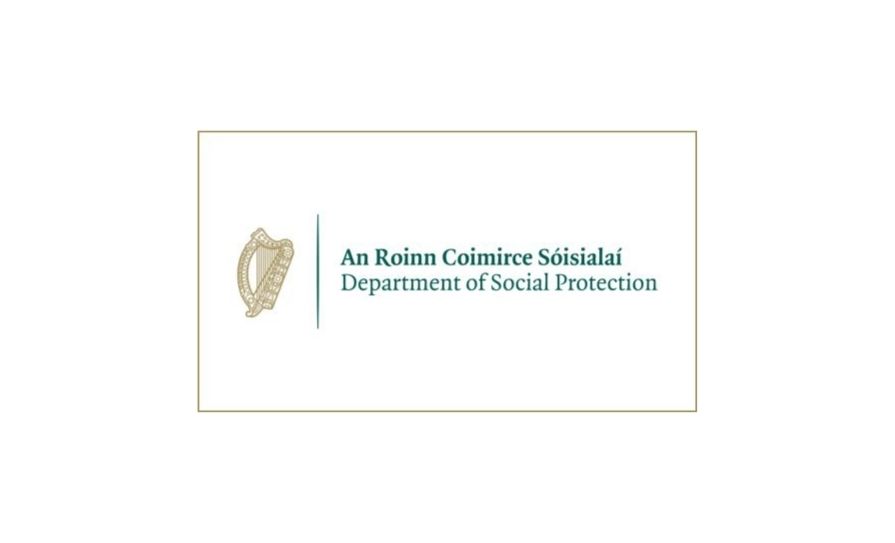Some 227 formal complaints were in the category of “safe and effective care”, which includes staff competency; delay or misdiagnosis; tests; continuity of internal/external care; discharge process; health and safety; hygiene; infection prevention and control; medication concerns; and treatment and care.
The next biggest category of complaint was “communication and information” (102), which covers communication skills; delay and failure to communicate; and information.
Some 44 complaints related to “dignity and respect”, which includes dignity not respected; alleged inappropriate behaviour; discrimination; and end-of-life care.
The number of formal complaints to the hospital has remained relatively consistent over recent years, with 799 received in 2016 and 826 in 2015, the same figure as last year.
According to the hospital’s annual report for 2017, the Patient Advisory Liaison Service (PALS) has commenced quarterly audits of formal complaints, with the first audit completed in November 2017. It found that in all cases, “evidence of apology” was included in the final complaint response as appropriate.
In 96 per cent of cases, the complaint response had been answered “without the use of medical jargon or abbreviations” and in 87.5 per cent of cases, the response “answered all questions identified by the complainant”.
The annual report also outlined that the PALS has a proactive role, “directly engaging with patients and families to listen and offer support and advice with regards to concerns and their requests for information.
“As such, PALS will advocate on behalf of patients to the relevant teams and departments within the hospital. A key objective of this role is to resolve concerns before they progress further and to liaise directly with the relevant hospital staff to assist with this.”












Leave a Reply
You must be logged in to post a comment.